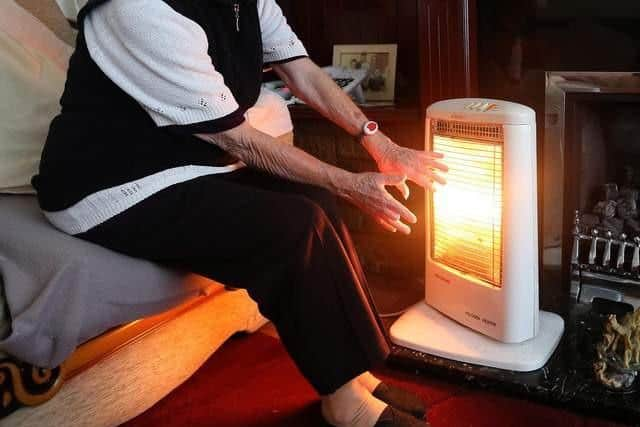Cost-of-living crisis: Vast majority think Scottish and UK ministers have done too little, poll shows
Research by the David Hume Institute and the Diffley Partnership on economic attitudes and behaviours has revealed widespread anxiety and pessimism about Scotland’s economic outlook.
The survey found 80 per cent of people have cut down on leisure and/or non-essentials, and more than a quarter are skipping or cutting down on meals to save money.
Advertisement
Hide AdAdvertisement
Hide Ad

Meanwhile, 89 per cent and 73 per cent respectively said the UK and Scottish governments have done too little to help.
The survey found 87 per cent of people in Scotland expect the soaring cost of living to cause a recession. More than nine in ten expect things to get worse before they get better.
There is particular hostility towards energy companies, with 95 per cent saying the firms have done too little to help people cope with rising prices, and a fifth saying the single biggest cause of soaring inflation is companies maximising their profits.
This is only just behind the war in Ukraine at 21 per cent, and ahead of pandemic-related supply chain issues at 12 per cent.
Two in five people have depleted their savings, and more than a third (35 per cent) have taken on debt and/or borrowed money. This rises to 44 per cent in the most deprived fifth of neighbourhoods.
Soaring prices are hitting the vulnerable hardest, with 73 per cent of people in the most deprived fifth of neighbourhoods reporting they feel worse off now than over the past year, compared to 60 per cent in the most affluent areas.
More than 2,000 Scottish adults were polled between August 4 and 8 as part of the Understanding Scotland research.
Mark Diffley, founder and director of Diffley Partnership, which conducted the research, said: “It is unusual to see the public mood being so unambiguously bleak.
Advertisement
Hide AdAdvertisement
Hide Ad"Financial pressures and anxiety at soaring prices are widespread across society, but particularly acute for those who are already most vulnerable.
"Across all demographic groups, and especially in more deprived communities, a clear majority are saying that the response to date from the UK and Scottish governments alike are simply not enough.”
Susan Murray, director of the David Hume Institute think-tank, which helped to develop the survey, said: “Since we started this survey, sadly most people have seen their financial situation deteriorate.
"With three in ten people now losing sleep due to financial stress, and over a quarter skipping or cutting meals, there are obvious consequences for the economy, labour market and people’s health.
"Eighty per cent of people have already cut down on non-essentials and leisure, and over a fifth have taken on or tried to take on more work, but it’s still not enough.
"Despite their best efforts, two-thirds of people say their money simply isn’t going far enough, and most expect things to get considerably worse before they get better.
"We need a concerted package of targeted support and we need it now.”
Understanding Scotland is a quarterly survey developed by the Diffley Partnership and Charlotte Street Partners, the strategic communications agency.
Comments
Want to join the conversation? Please or to comment on this article.
